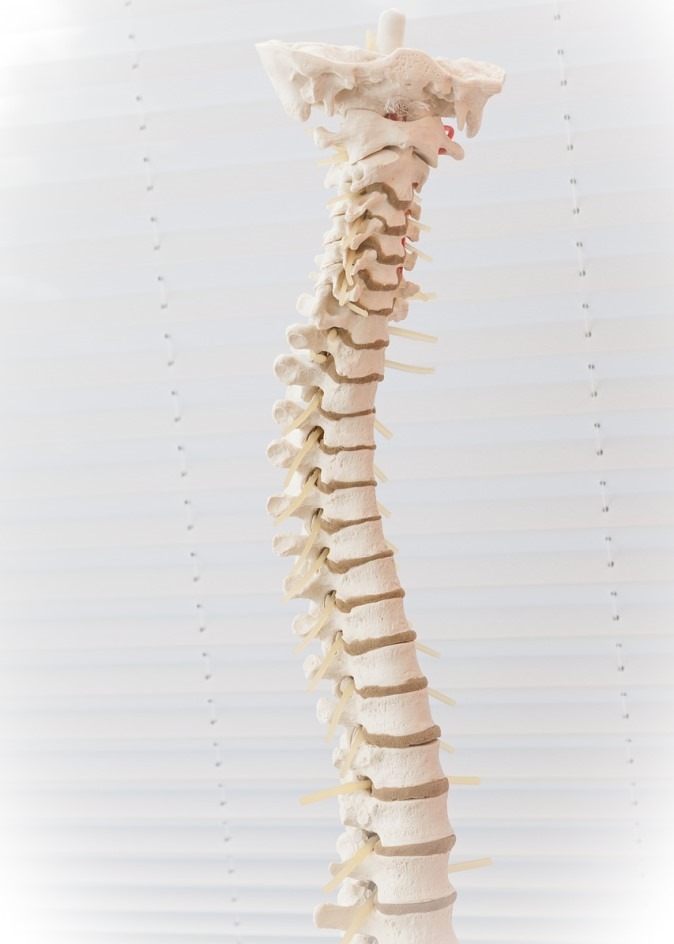Surgical implant company RTI Surgical has enrolled the first patient for its clinical evaluation of Fortilink Interbody Fusion Device with TETRAfuse 3D technology in subjects with degenerative disc disease (FORTE) study.

Image: RTI Surgical enrolls first patient for study to evaluate Fortilink Interbody Fusion Device. Photo: Courtesy of Alfred Derks/Pixabay.
RTI Surgical said the FORTE is a multicenter post-market study to evaluate the safety and performance of Fortilink-C, -TS, and -L Interbody Fusion (IBF) Systems with TETRAfuse 3D Technology.
The study will involve 150 patients at up to 20 sites in the US.
In the next three-and-a-half years, post-procedural evaluations will be conducted within intervals of 1, 3, 6, 12 and 24 months for the purpose of study data collection. All the subjects are expected to enrolled in the first quarter of next year.
The company said that the primary objective of the study to assess the radiographic evidence of cervical and lumbar fusion at 3-months post-surgery (Fortilink-C IBF System) or 6-months post-surgery (Fortilink-TS and Fortilink-L IBF Systems).
The study will collect and evaluate real world data on adult subjects with degenerative disc disease (DDD) to find pain reduction and procedural and long-term performance.
RTI Surgical president and CEO Camille Farhat said: “RTI is committed to providing innovative, safe and effective spine solutions that are supported by clinical research. The FORTE study aims to reinforce physician confidence and expand access for patients by showing improved outcomes for appropriate DDD patients based on the unique properties of TETRAfuse 3D Technology.
“We believe TETRAfuse represents a new frontier in spine surgery with its design to participate in fusion, and its bone-like mechanical properties, radiolucency and antibacterial characteristics.
“Our Fortilink series remains a key platform within our increasingly differentiated spine portfolio, poised to drive growth for RTI in 2019 and beyond.”
TETRAfuse 3D Technology is an IBF device material, manufactured through an exclusive license agreement with Oxford Performance Materials (OPM). The technology has been designed to provide optimal outcomes for patients undergoing spinal fusion procedures.
Earlier this month, the company acquired Paradigm Spine, a motion preservation and non-fusion spinal implant technology-developer. Its primary product is the coflex Interlaminar Stabilization device.
Coflex is claimed to be a minimally invasive motion preserving stabilization implant for treating moderate to severe lumbar spinal stenosis (LSS) in conjunction with decompression.
